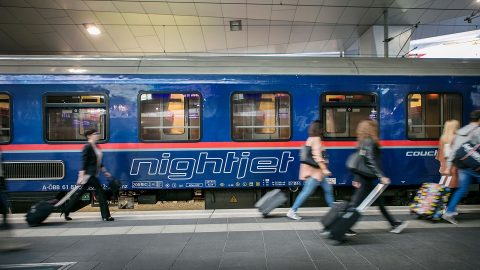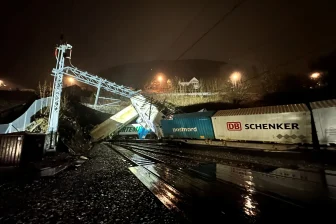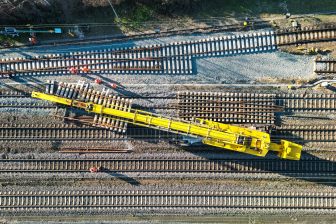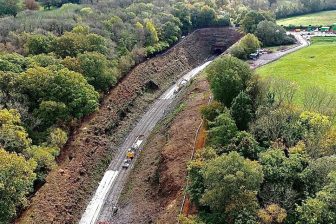
Night train comeback will bring climate-friendly European travel
Image: SBB
“This is a good day for the climate, our customers and the coming together of Europe on rails.” Those were the words of Deutsche Bahn CEO Richard Lutz this Tuesday in an online press conference with the European transport ministers and three other railway directors Andreas Matthä (ÖBB), Jean-Pierre Farandou (SNCF) and Vincent Ducrot (SBB). They made clear that night trains will be an important part of future Trans-European travel.
Want to read more?
You have read all of your free premium articles for this month. Please become a subscriber to keep reading.
Subscribe now!
Take advantage of our exclusive offer to get full access to all premium content.



